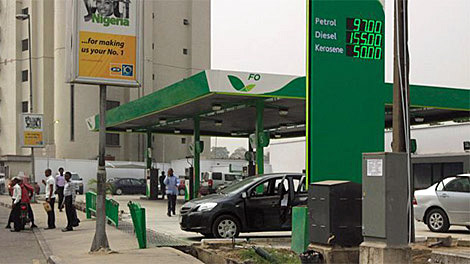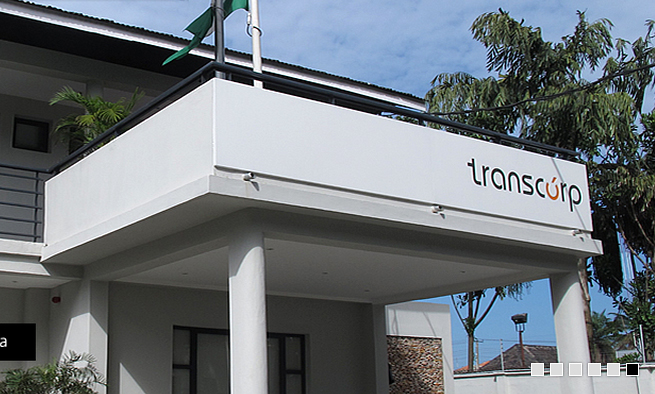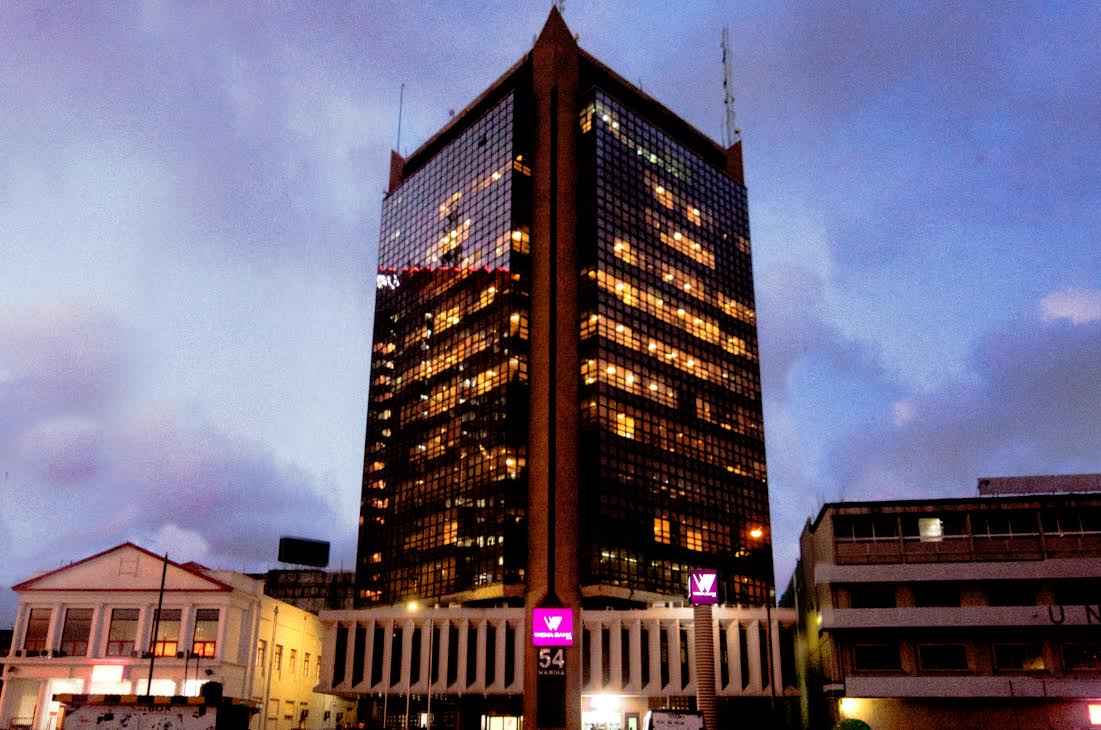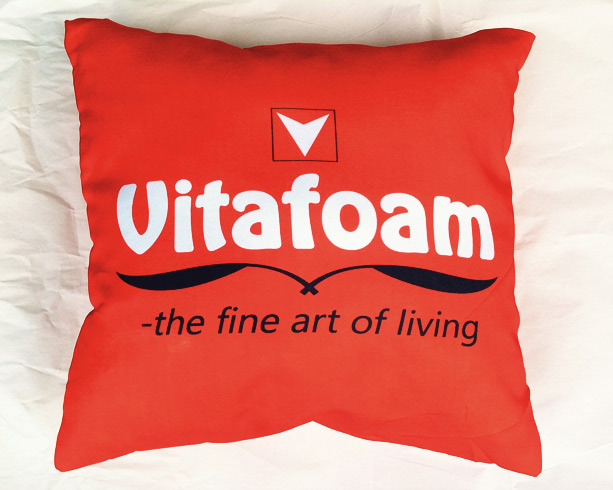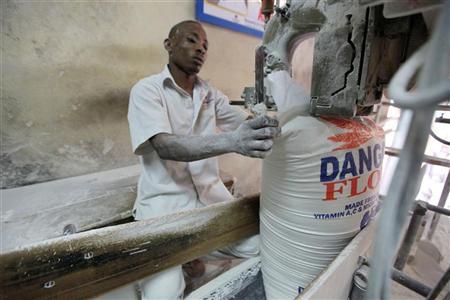Forte Oil has reported an outstanding growth in sales revenue at the end of the third quarter but lost more than one-third of profit on year-on-year basis at the period. The oil company experienced major cost increases that have undermined profit margin and have also constrained its cash flow.
Sales revenue growth looks strong enough to register a major recovery after a sharp fall to a three-year low in 2015. The growth is however driven by the hike in petroleum products prices while volume appears to be on a decline. Sales revenue grew by 32.2% to N121.08 billion year-on-year at the end of the third quarter and the strong growth is expected to be sustained to full year.
The full year outlook indicates sales revenue in the region of N163 billion for Forte Oil in 2016. That will be an increase of 31% over the sales revenue figure of N124.62 billion the company posted in 2015. Its turnover had dropped by close to 27% in 2015 from the peak revenue figure of over N170 billion in 2014.
Against the growing sales revenue, after tax profit dropped by close to 35% year-on-year to N2.80 billion at the end of the third quarter. The full year projection puts after tax profit at N3.85 billion for Forte Oil at the end of 2016. That will be a drop of 33.5% from the closing profit figure of N5.79 billion the company posted at the end of 2015. It had grown after tax profit by 30.1% last year.
Advertisement
Growing sales revenue and falling profit is explained by some major rising costs. The biggest of them all is an upsurge of 663% in net finance expenses to N2.23 billion at the end of the third quarter. That explains the difference between a 41% growth in operating profit and only a 6.5% improvement in pre-tax profit during the review period.
The company’s balance sheet debts have grown significantly over the nine months of the year. Short-term loans and borrowings rose by close to 90% to over N26 billion over the last year’s closing figure and long-term borrowings also grew by about 31% to N18 billion over the same period.
Another triple digit growth in cost came from tax expenses, which rose by 183% to N2.84 billion. That also explains the difference between an increase of 6.5% in pre-tax profit and a drop of 35% in after tax profit during the review period.
Advertisement
Cost of sales grew slightly ahead of sales revenue at 34.3% to N105.59 billion and therefore claimed an increased share of the company’s earnings. That lowered the growth in gross profit to 19.4%, reducing gross profit margin from 14.2% in the same period last year to 12.8% at the end of September.
Distribution expenses also grew ahead of sales revenue at 37% to N2.57 billion and also claimed an increased share of turnover. A further constraint came from a drop of 14% in other operating income during the period.
The company lost profit margin during the review period with the strong growth in the cost-income ratio. Net profit margin went down from 4.7% to 2.3% over the period and also from 4.6% at the end of 2015.
Forte Oil is still generating good cash flow from operating activities but this hasn’t been sufficient to meet the increasing cash requirements for investing and financing activities. That warranted a short-term borrowing of N12.34 billion and a long-term loan of N4.06 billion in the course of the current financial year.
Advertisement
The company earned N2.26 per share at the end of September, a drop from N2.59 in the same period last year. The company earned N4.11 per share at the end of 2015 and gave out a cash dividend of N3.45 per share to shareholders.
Add a comment

